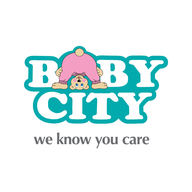
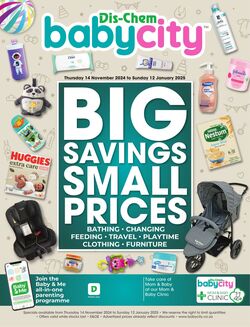
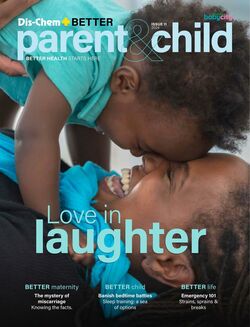
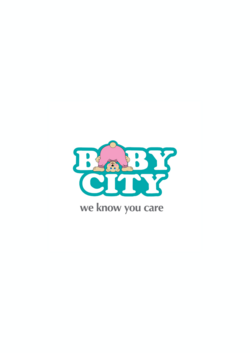


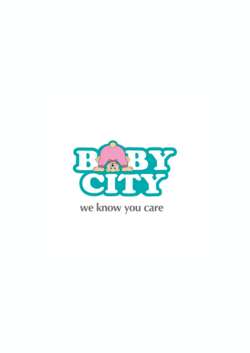
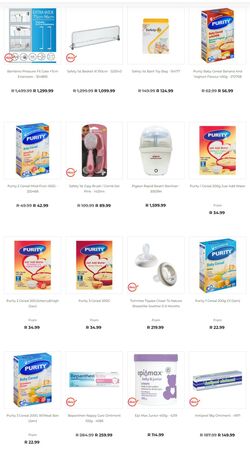
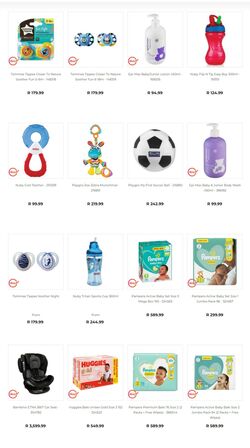
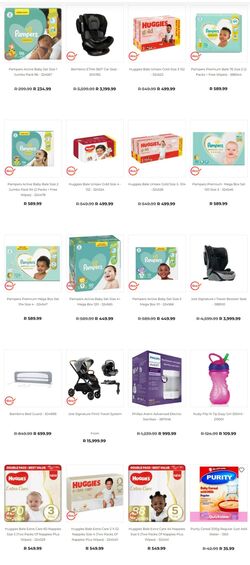
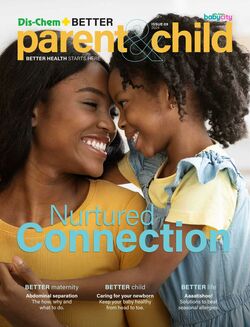

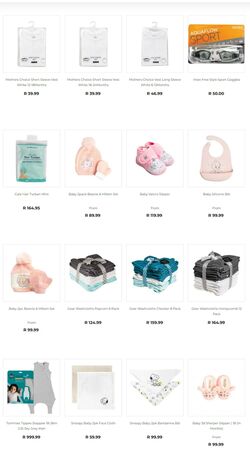
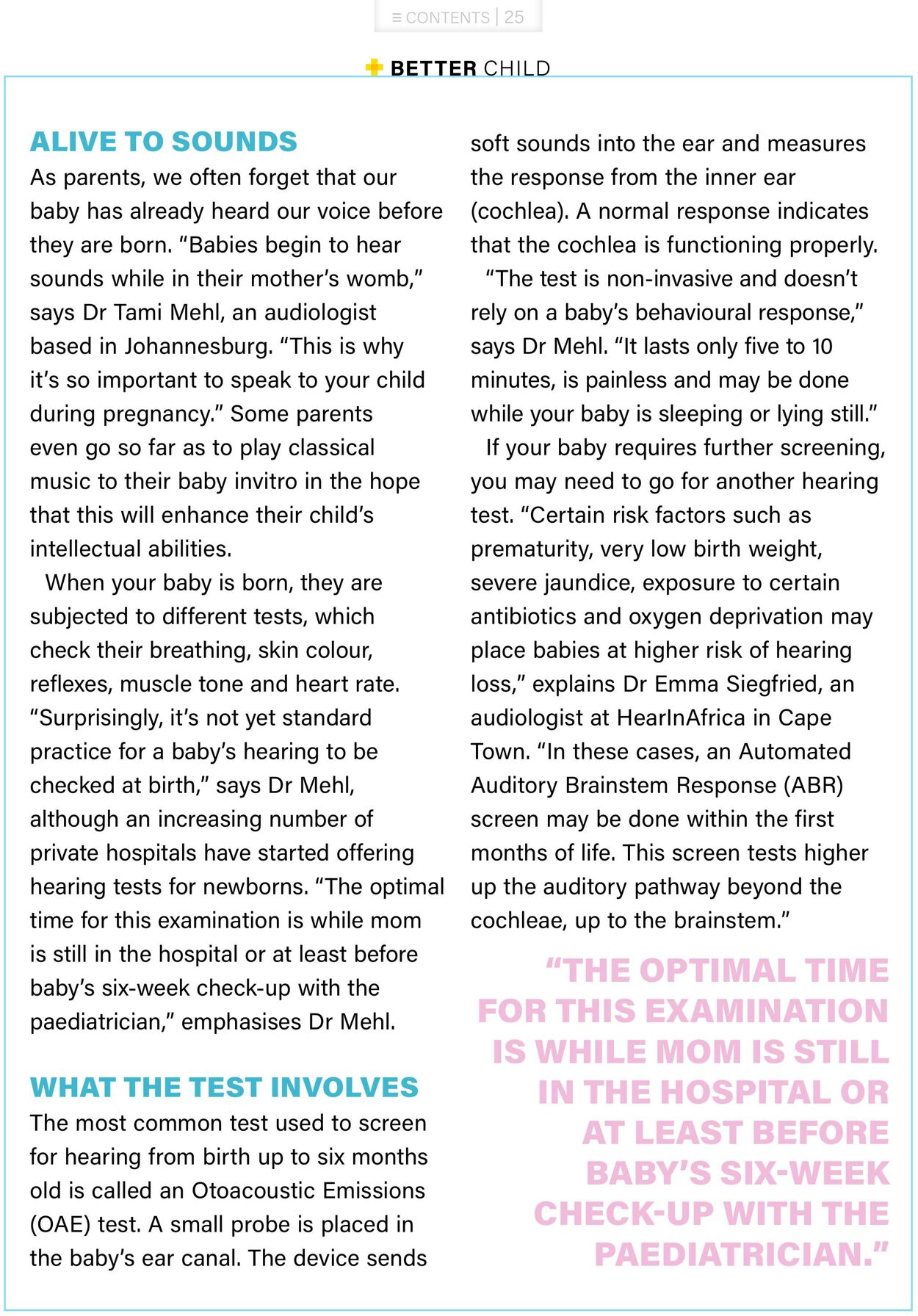
Products in this catalogue
“+ BETTER CHILD ALIVE TO SOUNDS As parents, we often forget that our baby has already heard our voice before they are born. “Babies begin to hear sounds while in their mother’s womb,” says Dr Tami Mehl, an audiologist based in Johannesburg. “This is why it's so important to speak to your child during pregnancy.” Some parents even go so far as to play classical music to their baby invitro in the hope that this will enhance their child's intellectual abilities. When your baby is born, they are subjected to different tests, which check their breathing, skin colour, reflexes, muscle tone and heart rate. “Surprisingly, it’s not yet standard practice for a baby's hearing to be checked at birth,” says Dr Mehl, although an increasing number of private hospitals have started offering hearing tests for newborns. “The optimal time for this examination is while mom is still in the hospital or at least before baby’s six-week check-up with the paediatrician,” emphasises Dr Mehl. WHAT THE TEST INVOLVES The most common test used to screen for hearing from birth up to six months old is called an Otoacoustic Emissions (OAE) test. A small probe is placed in the baby's ear canal. The device sends soft sounds into the ear and measures the response from the inner ear (cochlea). A normal response indicates that the cochlea is functioning properly. “The test is non-invasive and doesn't rely on a baby's behavioural response,” says Dr Mehl. “It lasts only five to 10 minutes, is painless and may be done while your baby is sleeping or lying still.” If your baby requires further screening, you may need to go for another hearing test. “Certain risk factors such as prematurity, very low birth weight, severe jaundice, exposure to certain antibiotics and oxygen deprivation may place babies at higher risk of hearing loss,” explains Dr Emma Siegfried, an audiologist at HearInAfrica in Cape Town. “In these cases, an Automated Auditory Brainstem Response (ABR) screen may be done within the first months of life. This screen tests higher up the auditory pathway beyond the cochleae, up to the brainstem.”
| Name | Details |
|---|